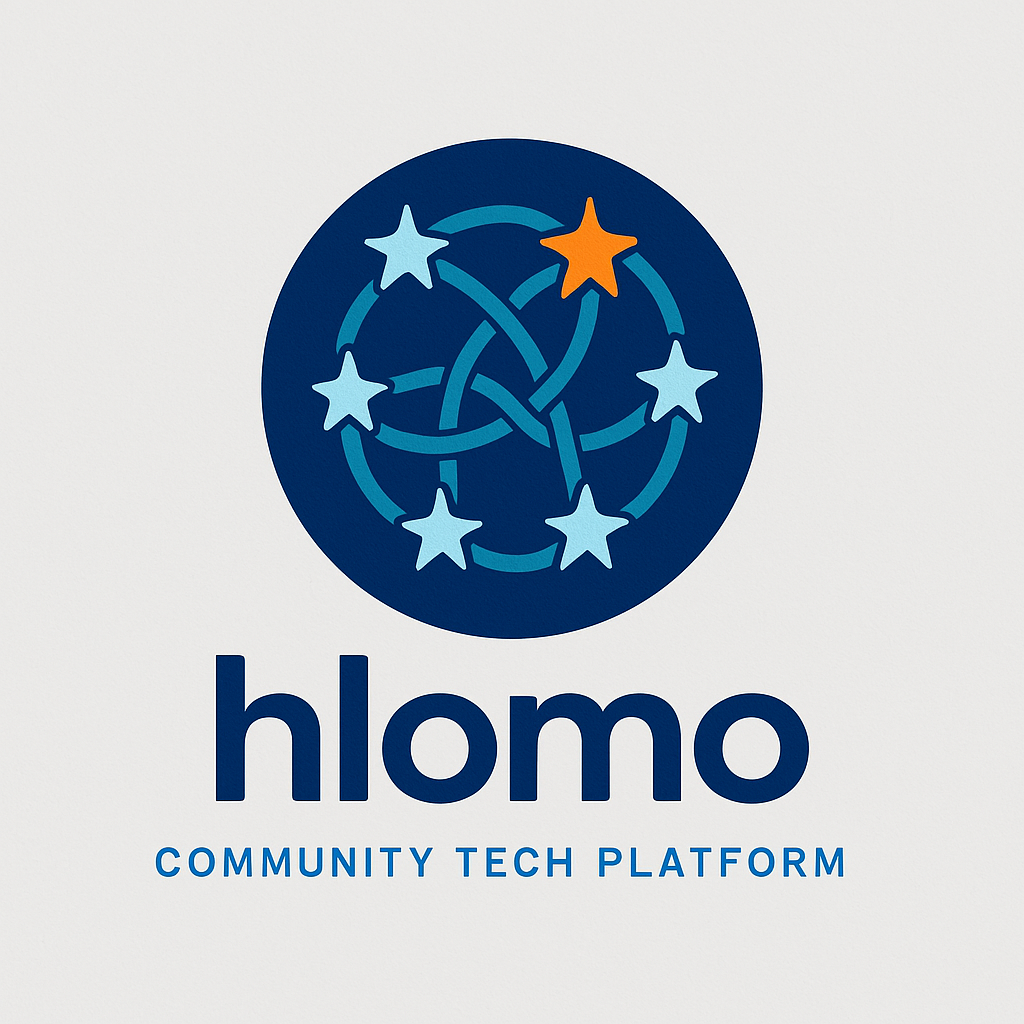From Chaos to Connection: Why Your Community's WhatsApp Group is Failing (And What to Do About It)
If you manage a community group, chances are it lives on WhatsApp. Your neighbourhood watch, your kids' football team, your non-profit volunteer group—they all have a chat. And for a while, it worked.
But now, you're feeling the strain.
The important message about the burst water pipe is buried under 80 "thank you" messages and a flurry of unrelated GIFs. You've answered the same question about the date of the next meeting four times this week. And every time a new member joins, their phone number is instantly visible to every other person in the group, some of whom are practically strangers.
This isn't just you. This is the predictable lifecycle of a community running on a tool that was never designed for it. The "free and easy" solution has hidden costs: your time, your members' privacy, and your community's actual potential for impact.
The Hidden Costs of a Single Chat Stream
Generic chat apps are built for casual, real-time conversation. But communities need structure, memory, and security. When you force one to act as the other, you create three critical problems:
1. Context Collapse: A single, scrolling feed mixes urgent announcements, casual chatter, critical questions, and social banter into one chaotic stream. This phenomenon, known as "context collapse," forces your members' brains to work overtime to figure out what's important. Key information is inevitably lost, and engagement drops because the effort of keeping up is simply too high.
2. Admin Burnout: As the leader, you become the group's human search engine. You constantly repeat information, moderate off-topic conversations, and manually add and remove members. This isn't leadership; it's low-value admin work that drains your energy and takes you away from the real work of building connections.
3. The Privacy Problem: In a world where privacy is paramount, exposing the personal phone numbers of every member is a significant liability. For groups dealing with sensitive topics or those involving children, this isn't just an inconvenience—it's a critical risk.
A Better Way: The Principles of a Dedicated Community Space
Imagine a digital home for your community—a "clubhouse" instead of a chaotic group chat. This space would be built on three core principles:
- Structured Communication: Announcements live on a permanent bulletin board. Events have their own dedicated calendar. Discussions happen in organized threads. Information is easy to find, always.
- Clear Membership & Roles: You have a clear, searchable list of members. You can assign roles like "admin" or "moderator," empowering others to help manage the workload.
- Privacy & Ownership: Your community's space is private and secure. Members can interact without exposing their personal contact details. Your data, your rules.
From Frustration to Focus with hlomo
We built `hlomo` because we believe in the power of community, and we saw that the tools most communities use are holding them back.
`hlomo` is a dedicated, private space designed to solve the exact problems that cause chaos in your group chats. We provide the structure to eliminate noise, the admin tools to prevent burnout, and the secure environment your members deserve.
Your community's mission is too important to be derailed by a tool that isn't fit for purpose. It's time to move from chaos to connection.
Ready to build a burnout-proof community? Learn more about the hlomo beta and sign up for a private, focused space for your group today.
